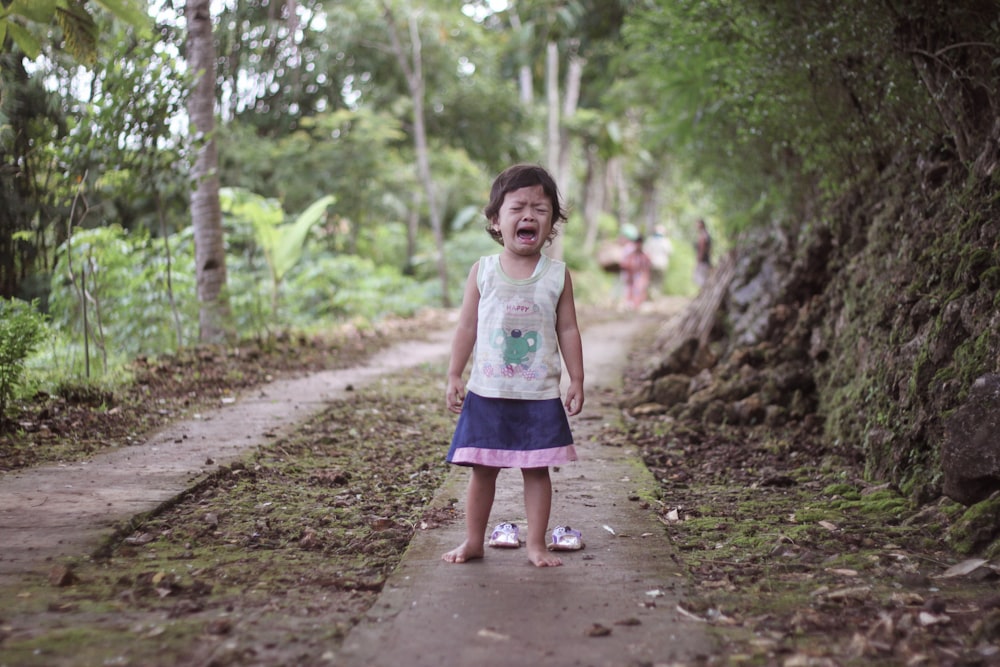Besemer et al. (2017) reviewed 25 publications and found that parental conviction is positively associated with child criminal behaviour – where the risk is roughly 2.4 times higher for children with criminal parents. This is true in all parent–child gender combinations (Besemer et al., 2017). Similarly, the later the paternal conviction in the child’s life, the higher the probability of a subsequent child conviction. This could be because exposure to parental convictions may be tied to an overall criminogenic environment. Parental convictions can also affect child rearing capabilities, causing dysfunctions in the family, leading to a child’s susceptibility to offending (Sivertsson et al., 2021).
Interestingly, intergenerational transmission of crime was strongest from mothers to daughters (Besemer et al., 2017), and paternal convictions associated with child criminal behaviour were larger among sons than daughters, especially for violent crimes (Sivertsson et al., 2021). This could stem from children adopting gender roles learnt from their environment, hence closely identifying with a parent who has the same characteristics as themselves (Sivertsson et al., 2021).
Criminal behaviour may also be influenced by brain abnormalities. Famously, Charles Whitman killed 16 people including his wife and mother in August 1966. His autopsy revealed a brain tumour pressing on his amygdala – a region crucial for emotion and behavioural control – suggestive of his sudden violence (Johnson, 2018). Recent studies revealed that people who experienced traumatic brain injuries have increased violent charges and convictions post-injury (Theadom et al., 2023). This could be because of compromised brain functions in areas important for social functioning, like impulse control and empathy, or amplifications of existing neurocognitive issues (Williams et al., 2018).

Charles Whitman wrote in his suicide note “I do not really understand myself these days. I am supposed to be an average, reasonable and intelligent young man. However, lately (I cannot recall when it started) I have been a victim of many unusual and irrational thoughts … After my death I wish that an autopsy would be performed on me to see if there is any visible physical disorder.”.
Overall, research shows that parental convictions are linked to increased child criminal behaviour. However, the mechanisms may vary within families (Sivertsson et al., 2021). Medical conditions like brain injuries may also influence criminal behaviour, though they are not sufficient to explain the behaviour fully.
Now leaving you with something to think about – on 10 March 2024, the body of a middle schooler was found in the Feixiang district of Handan, Hebei province. Three of the victim’s classmates were arrested for their involvement in the case. Then, considering their young age of about 13 years-old, would you say criminals are born bad or made bad? If it is both, then which stands a bigger portion of influence – the ‘born criminal’ or the ‘nurtured criminal’? What do you think?
Written by:
Karis Liow
Murdoch University (under Kaplan Singapore)
References
Besemer, S., Ahmad, S. I., Hinshaw, S. P., & Farrington, D. P. (2017). A systematic review and meta-analysis of the intergenerational transmission of criminal behavior. Aggression and Violent Behavior, 37, 161–178. https://doi.org/10.1016/j.avb.2017.10.004
Bostaph, L. G., Bolen, J. D., & Hudson, M. (2010). Encyclopedia of Criminological Theory. In SAGE Publications, Inc. eBooks. https://doi.org/10.4135/9781412959193
Johnson, M. (2018, January 30). How responsible are killers with brain damage? Scientific American. https://www.scientificamerican.com/article/how-responsible-are-killers-with-brain-damage/
Sivertsson, F., Carlsson, C., & Hoherz, A. (2021). Is there a Long-Term Criminogenic effect of the exposure to a paternal conviction during upbringing? An analysis of full siblings using Swedish register data. Journal of Quantitative Criminology, 39(1), 53–73. https://doi.org/10.1007/s10940-021-09529-2
Theadom, A., Meehan, L., McCallum, S., & Pacheco, G. (2023). Mild traumatic brain injury increases engagement in criminal behaviour 10 years later: a case–control study. Frontiers in Psychiatry, 14. https://doi.org/10.3389/fpsyt.2023.1154707
Williams, W. H., Chitsabesan, P., Fazel, S., McMillan, T. M., Hughes, N., & Parsonage, M. (2018). Traumatic brain injury: a potential cause of violent crime? The Lancet Psychiatry, 5(10), 836–844. https://doi.org/10.1016/s2215-0366(18)30062-2


Leave A Comment